
Scientists investigated how MDMA modulates behaviour and its neural
correlates during an iterated “prisoner’s dilemma” with both trustworthy
and untrustworthy opponents. By: Alexandria Addesso
3,4-Methylenedioxymethamphetamine, or MDMA which is the main component in the club drug ecstasy or when in pure powder form known as Molly, is a psychoactive drug which effects include altered sensations and increased energy, empathy, and pleasure by increasing the levels of serotonin in the brain. In the 1970s scientists studied MDMA and it was even prescribed by psychiatrists to couples because it was known as the “love drug”. While MDMA is today considered illegal in the United States as well as many other countries abroad, researchers have again been studying MDMA on how the drug makes people more cooperative.
The recent study which was published in the Journal of Neuroscience, investigated how MDMA modulates behaviour and its neural correlates during an iterated “prisoner’s dilemma” with both trustworthy and untrustworthy opponents. The prisoner’s dilemma refers to a standard example of a game analyzed in game theory that shows why two completely rational individuals might not cooperate, even if it appears that it is in their best interests to do so. The researchers administered either 100mg of MDMA or a placebo to 20 male participants in a double-blind, placebo-controlled, crossover study. While being scanned, participants played repeated rounds of the prisoner’s dilemma with opponents who differed in levels of cooperation. On each round participant chose to compete or cooperate and were asked to rate their trust in the other player.
The study participants were found to be more cooperative after taking MDMA than those that were given a placebo, but only if the person they were interacting with was cooperative themselves. If the other person was mostly uncooperative, there was no difference in behaviour on MDMA compared with a placebo. This finding suggests that MDMA did not cause people to naively risk betrayal by untrustworthy partners during the game.


















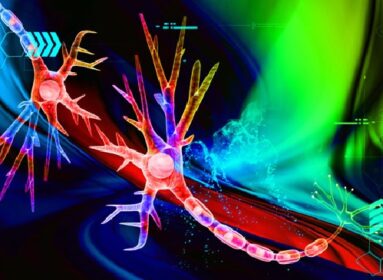

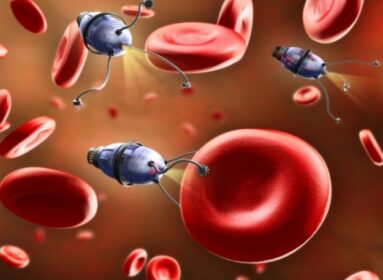


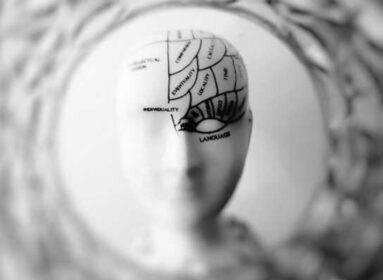








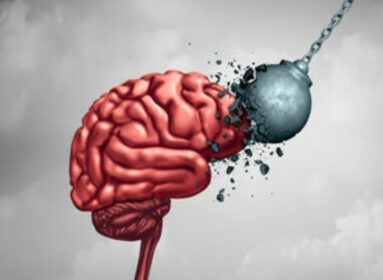
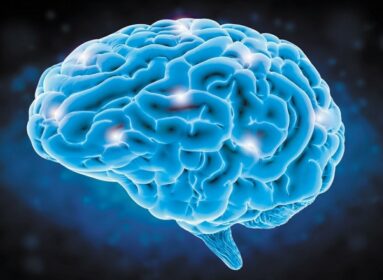


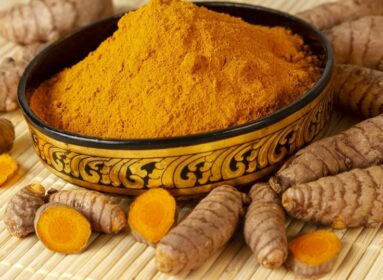


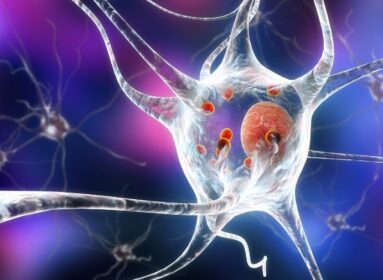

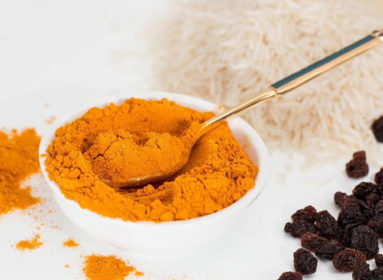
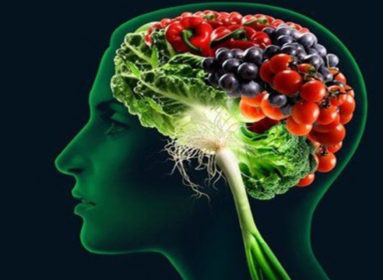
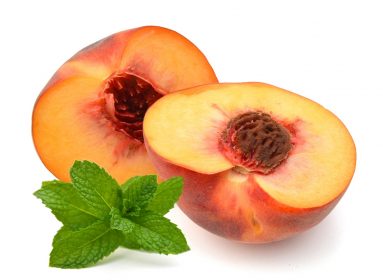























Comments are closed.